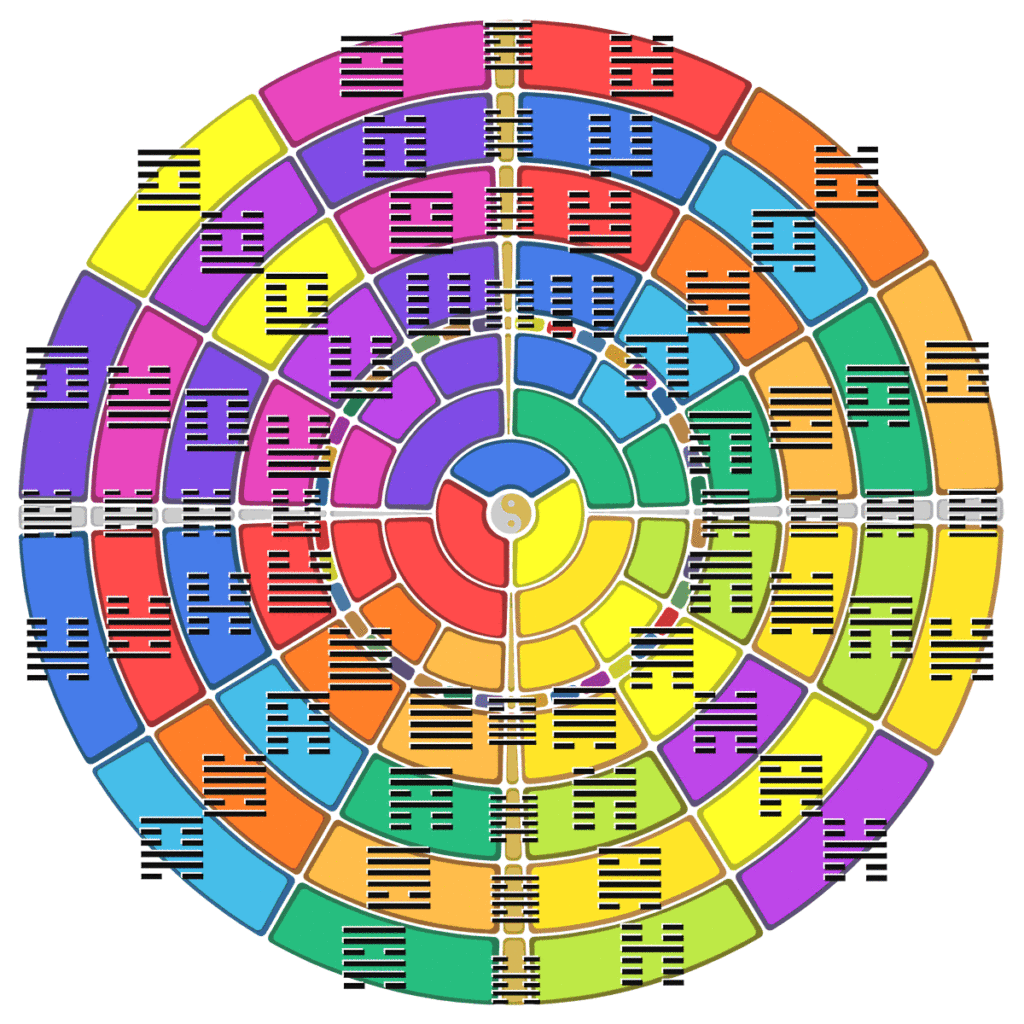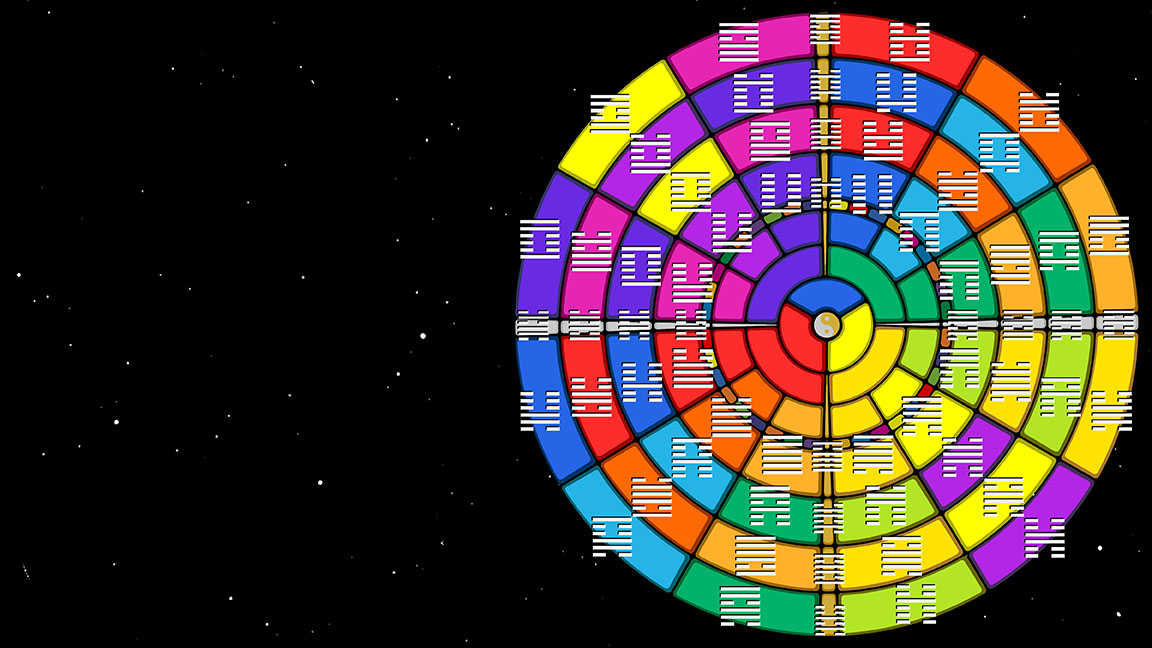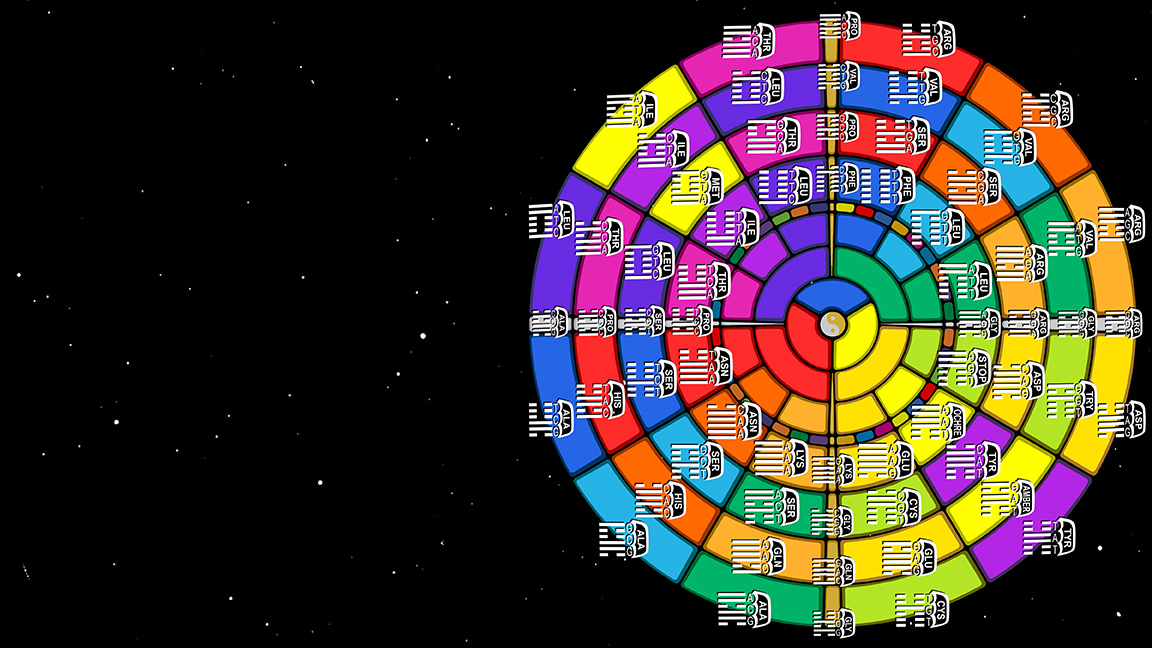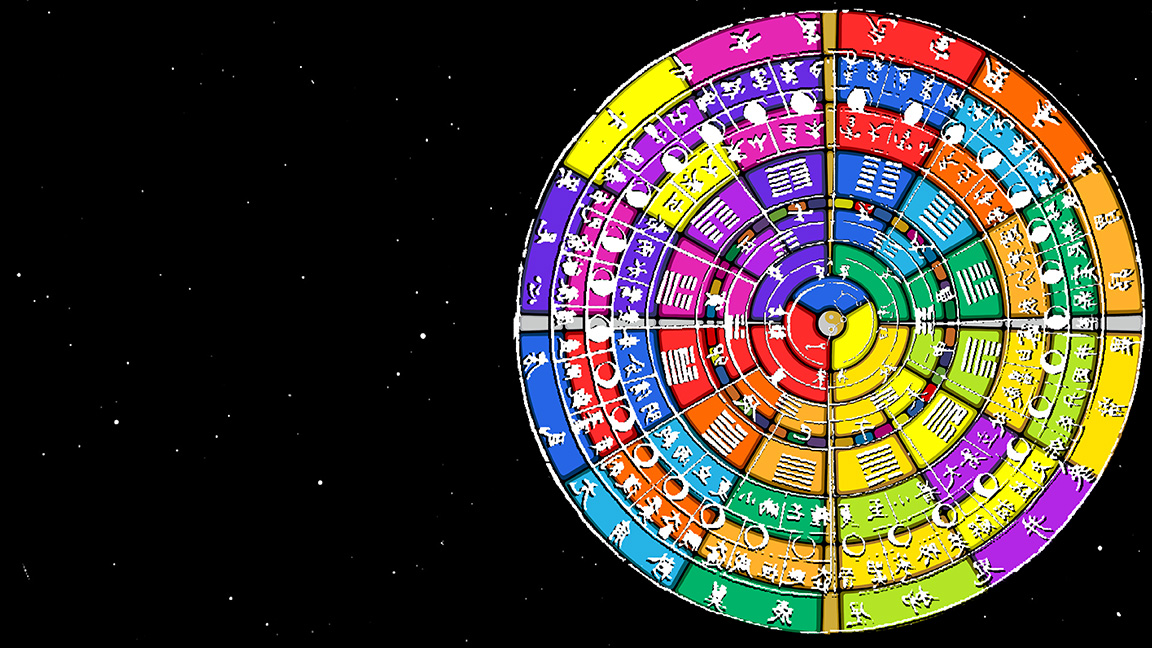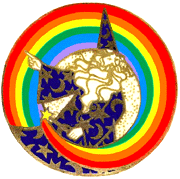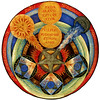The I Ching is an ancient Chinese manual of divination, based primarily upon eight symbolic trigrams, which build into sixty-four hexagrams. This classic “Book of Changes” is among the most ancient of the Chinese classics, with a history of more than two and a half millennia of commentary and interpretation. The I Ching inspires world religions, as well as fields of psychoanalysis, business, literature, and art.
One of the Five Chinese Classics, the I Ching has been the subject of scholarly commentary for many years, and remains the basis for divination, a practice that has endured for centuries in the Far East, and in recent years influenced many Western thinkers too.
